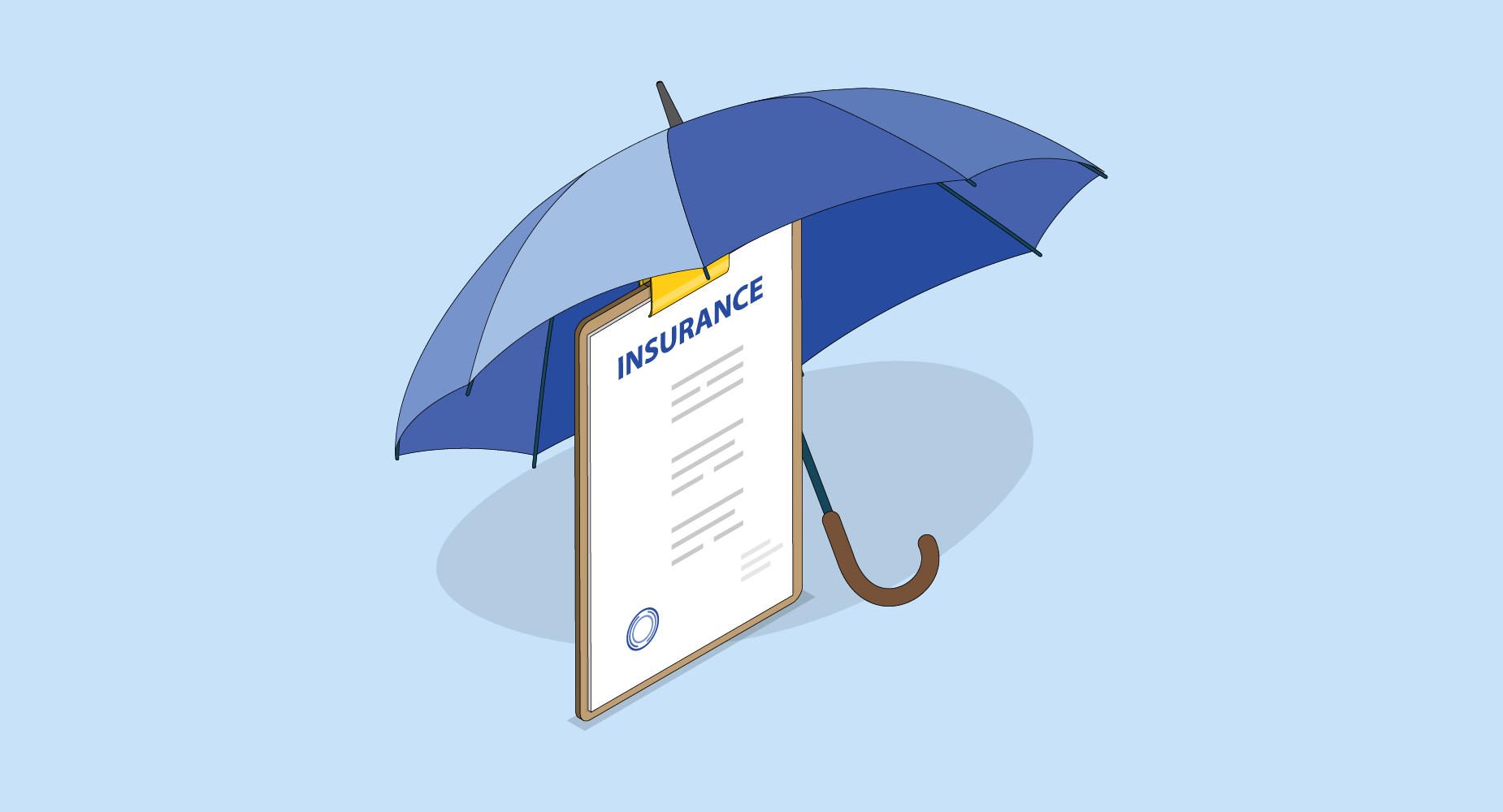In today’s world, protecting your assets and securing your financial future is more important than ever. While standard insurance policies, such as auto and homeowners insurance, provide essential coverage, they may not always be sufficient to shield you from significant financial liabilities. This is where umbrella insurance comes into play. This article aims to provide a thorough understanding of umbrella insurance, its benefits, and why it might be a prudent addition to your insurance portfolio.
What is Umbrella Insurance?
Umbrella insurance is an extra layer of liability protection that goes beyond the limits of your existing insurance policies. It is designed to provide additional coverage in case you face a lawsuit or significant financial loss that exceeds the coverage limits of your standard policies. Essentially, it acts as a safety net, ensuring that you are not left financially vulnerable in the event of a major claim.
How Does Umbrella Insurance Work?
Umbrella insurance kicks in when the liability limits of your other insurance policies, such as auto, homeowners, or renters insurance, have been exhausted. For instance, if you are involved in a serious car accident and the damages exceed your auto insurance coverage, your umbrella policy can help cover the additional costs. Similarly, if you face a substantial lawsuit due to a personal injury on your property, umbrella insurance can help cover the costs that go beyond your homeowners insurance limits.
Key Benefits of Umbrella Insurance
- Enhanced Protection: Umbrella insurance provides broader coverage for a variety of potential risks, including personal liability, property damage, and certain legal costs. This extended protection ensures that you are safeguarded against financial loss from unforeseen events.
- Affordability: Despite the extensive coverage it offers, umbrella insurance is relatively affordable compared to the potential costs it covers. Premiums for umbrella policies are generally lower than those for other types of insurance with comparable coverage limits.
- Peace of Mind: Knowing that you have an additional layer of protection can provide peace of mind. It allows you to navigate life’s risks with confidence, knowing that you are better prepared for unexpected events.
- Coverage Beyond Standard Policies: Umbrella insurance can cover certain types of claims that may not be included in your standard policies. For example, it can provide coverage for libel, slander, and defamation lawsuits, which may not be covered by homeowners or auto insurance.
Who Should Consider Umbrella Insurance?
Umbrella insurance is beneficial for a wide range of individuals, particularly those with significant assets or high exposure to potential liabilities. Here are some groups who may find umbrella insurance particularly valuable:
- High Net-Worth Individuals: Those with substantial assets or income may need additional protection to safeguard their wealth against potential lawsuits or claims.
- Homeowners: Individuals who own valuable property or have significant assets should consider umbrella insurance to protect against liability claims related to their property.
- Parents: Parents with young drivers or active children may benefit from umbrella insurance to cover potential liabilities related to their children’s activities.
- Business Owners: Entrepreneurs and business owners may require extra coverage to protect against business-related liabilities that exceed their standard insurance limits.
How to Choose the Right Umbrella Policy
When selecting an umbrella insurance policy, consider the following factors:
- Coverage Limits: Determine how much additional coverage you need based on your assets, potential risks, and existing insurance policies. Umbrella policies typically offer coverage in increments, such as $1 million, $2 million, or more.
- Policy Terms: Review the terms and conditions of the policy to understand what is covered and any exclusions that may apply. Ensure that the policy aligns with your specific needs and circumstances.
- Insurance Provider: Choose a reputable insurance provider with a strong track record of customer service and claims handling. It is important to work with an insurer that can effectively manage your claims and provide support when needed.
- Cost: Evaluate the cost of the umbrella policy in relation to the coverage provided. While umbrella insurance is generally affordable, it is important to balance cost with the level of protection required.
Conclusion
Umbrella insurance offers valuable additional protection and peace of mind by extending the coverage of your existing insurance policies. Whether you are a homeowner, business owner, or individual with significant assets, an umbrella policy can provide an extra layer of security against unforeseen liabilities. By understanding the benefits and carefully selecting the right policy, you can ensure that you are well-prepared for life’s unexpected events.
